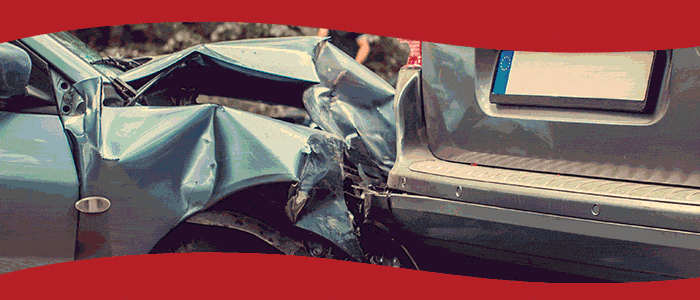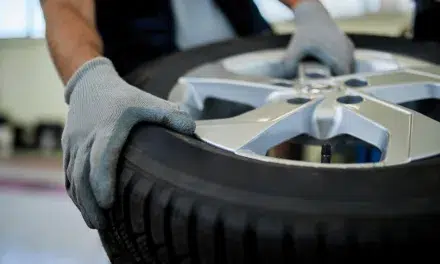The Department for Transport has this week launched a public consultation on the future of MOTs in Great Britain.
Views are being sought to update MOT testing for cars, motorbikes and vans to ensure roadworthiness checks continue to balance costs on motorists while ensuring road safety, keeping up with advances in vehicle technology, and tackling vehicle emissions.
To ensure MOTs remain fit for the future, the consultation launched today is seeking views on proposals to change the date at which the first MOT for new light vehicles is required from 3 to 4 years. The average MOT costs £40 and the move could save motorists across Great Britain around £100 million a year in MOT fees.
Since the MOT was introduced in 1960 – and especially in recent years – there have been major developments in vehicle technology such as lane-assisted driving which have increased road safety, while the spread of electric and hybrid cars is rapidly changing the nature of vehicles on our roads.
Advertisement
Any changes to the MOT will be supported by an information campaign led by the Department for Transport and the DVSA to inform drivers of the updates to MOTs and remind them of their responsibility to keep vehicles roadworthy.
Ensuring that the UK maintains its world-class record on road safety is at the heart of the proposals. Data shows that most new vehicles pass the first MOT test at three years. With the number of casualties in car collisions due to vehicle defects remaining low, Government analysis shows the change from 3 to 4 years for the first MOT should not impact road safety.
Undertaking roadworthiness testing four years since the vehicle’s registration is already standard practice across many European countries, including Belgium, Denmark, France, Italy, Spain, and Portugal.
The consultation also seeks views on the frequency of MOTs and how to improve monitoring of emissions to tackle pollution to bolster the environmental efficiency of vehicles.
Potential new measures include introducing testing of pollutants such as particulate number (PN) and NOx to ensure diesel, petrol and hybrid cars always meet emissions requirements throughout their lifespan.
Among the proposals, the consultation will consider whether electric vehicles’ batteries should be tested to improve the safety and reliability of EVs, if additional measures should be introduced to tackle excessively loud engines, and how the Driver and Vehicle Standards Agency (DVSA) can continue to crack down against MOT and mileage fraud.
















